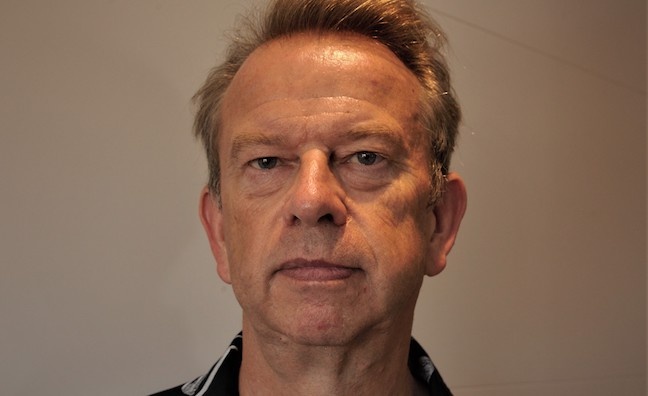After months of non-stop misery, the recent vaccine announcements have provided much-needed reason for positivity in music and the wider world. But in his latest column, Music Venue Trust CEO Mark Davyd discusses the hurdles the concert industry still needs to overcome on its journey back to normality…
This month, I’d like to interrupt your excitement about surging stock prices and possible vaccines to talk about Swiss cheese. And Christmas parties. No, really, stick with me.
While everyone is enthusiastic about the development of a vaccine that might, eventually, return us to normality, for the foreseeable future the industry needs to manage the potential risk of infection at live music events. The widespread use of a vaccine is many months away and, even once it is here, venues and festivals will still need to demonstrate how they are managing the risk of infection.
In the UK that risk management is currently built around Hands, Face, Space (HFS). Similar restrictions and guidance apply in almost every country in the world as three containment measures governments insist upon. These three measures are what is known as the Swiss cheese model of accident causation. This model likens human systems to multiple slices of Swiss cheese, stacked together, in which the risk of a threat becoming a reality by making its way through the layers is mitigated by the differing types of defences “layered” one after another. In theory, lapses and weaknesses in one defence do not allow a risk to materialise since other defences also exist to prevent a single point of failure.
Hands, Face, Space is the risk management equivalent of asking people armed with knives to kindly not use them
Mark Davyd, Music Venue Trust
In the case of the virus, Hands, Face and Space are three layers of Swiss cheese – each has holes, but cumulatively they prevent the spread of infection.
There are two problems for the live music industry with this version of Swiss cheese. Firstly, Hands, Face, Space is an entirely different model of Swiss cheese than the one the live music industry normally uses. We can’t grab hold of the customer, make them wash their hands, hold a mask on their face and throw a cordon around them. (Well, we could, but it would be a drastically different gig experience and quite difficult to sell tickets for). For the sake of argument, let’s imagine that the virus is a knife which might harm people. At live music events, we try to prevent the knife from entering the premises. If we see a knife on the premises, we try to remove it. We have staff trained to prevent knives from being used. Hands, Face, Space is the risk management equivalent of asking people armed with knives to kindly not use them.
Secondly, HFS is financially crippling. In the grassroots music venue sector, Space alone reduces capacity to an average 24% of normal. No one can work out how to make that one measure alone financially viable, let alone how to enforce compliance with it.
To manage live events with the ‘new normal’ threat of coronavirus as an extra responsibility, we need to think about how we’ve successfully managed our own Swiss cheese model of harm prevention for many decades. We need a model which works to prevent the virus entering our events, disables it if it squeezes in, and prevents it from harming anyone if it makes it past those two layers.
Music Venue Trust has been working on such a model with the tidy acronym TCP: Test, Clean, Prevent. This process would be more effective than HFS, provide improvement to containing the virus, and provide greater opportunities to return economically viable live events in the shorter term.
The three elements of TCP are the use of Rapid Testing to prevent infection from entering a space, the installation of Pathogen Reduction Systems to remove pathogens within the space, and the use of Anti-Viral Enhancements that reduce the level of transmittable infection within the space. Sharp-eyed readers will have noticed that at least one of those measures has the acronym PRS, so it seems made for us.
Test, Clean, Prevent is a more efficient risk management process that reduces the risk without consent or compliance by the individual. It creates the opportunity for economically viable increased capacity events. Government has invested huge amounts of money into mothballing venues or supporting limited capacity events reliant upon adherence to HFS by the individual. For a fraction of this cost it could work with the live music industry to develop and deliver a comprehensive TCP approach to live events, remove the reliance on HFS by individuals, and create an economically viable sector with a negligible infection risk.
So there you go – in the end it was all about Swiss cheese, which just leaves me with the Christmas parties. We still have dozens of grassroots music venues facing permanent closure and we still need help from the whole music industry to prevent that happening. Visit our Save Our Venues Red List campaign page to learn more. Many of you will be wondering how to celebrate the end of this traumatic year. I’d like to suggest that this Christmas you and your staff could pick one of the 30 grassroots music venues facing imminent closure on that list. You could save that venue with a single donation to the value of your Christmas office party and be heroes to whole communities, whose best present this year would be to keep the music venue they love.












